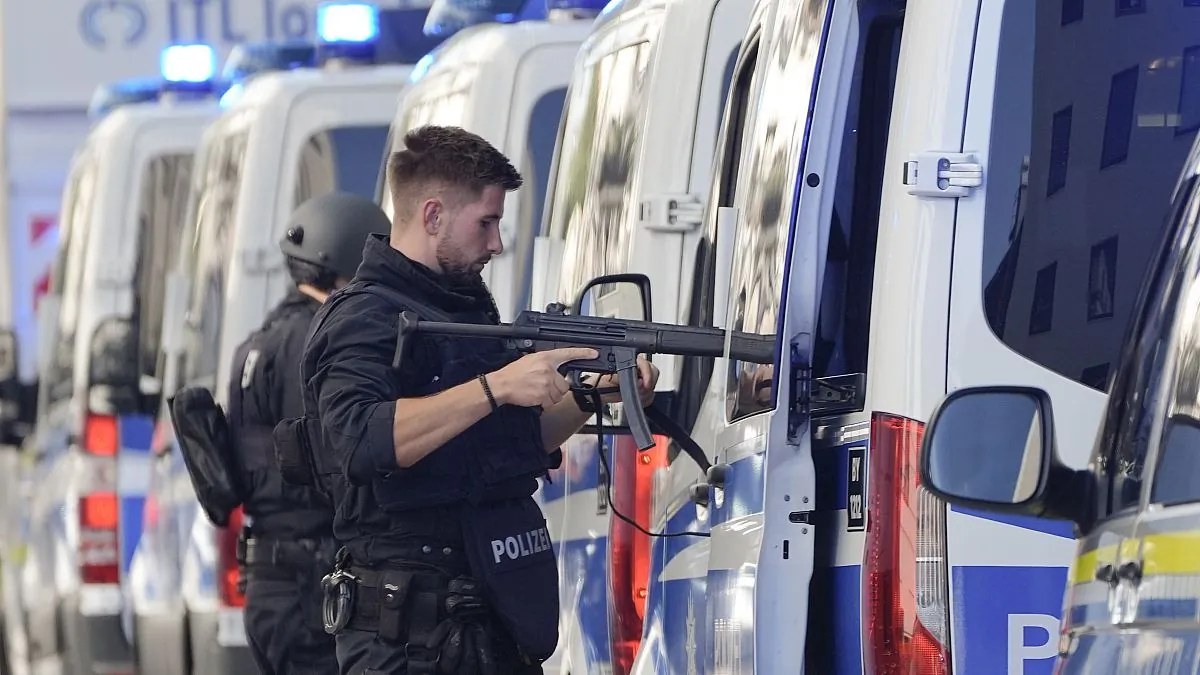Suspected Extremist Arrested in Munich for Plotting Soldier Attack
German authorities apprehended a Syrian man suspected of planning an attack on soldiers in Munich. The arrest follows a recent deadly incident in Solingen, prompting increased border security measures.

German authorities have apprehended a Syrian individual suspected of planning an attack on soldiers in Munich. The 27-year-old man, whose identity remains undisclosed due to German privacy regulations, was taken into custody on September 12, 2024, and appeared before a judge the following day.
According to the Munich public prosecutor's office, the suspect is believed to be a supporter of radical Islamic ideology. Investigators allege that he intended to target German soldiers during their lunch break, aiming to cause maximum casualties and instill fear among the general population.

The suspect reportedly acquired two machetes, each measuring approximately 40 centimeters in length, in early September 2024. These tools, traditionally used for agricultural purposes, were allegedly intended to be used as weapons in the planned assault.
This incident follows a recent attack in Solingen on August 23, 2024, which resulted in three fatalities and eight injuries. The perpetrator of that attack, a 26-year-old Syrian asylum seeker, was supposed to have been deported to Bulgaria in 2023 but evaded authorities. The Islamic State militant group claimed responsibility for the Solingen incident, although no evidence supporting this claim has been presented.
These events have reignited discussions about immigration policies in Germany. In response to growing concerns, the German Interior Ministry implemented temporary border controls across all nine of the country's frontiers on September 9, 2024. These measures are set to remain in place for six months, potentially straining European unity and the principles of free movement within the Schengen Area.
Germany has faced several challenges related to immigration and security in recent years. The country accepted over one million refugees during the 2015-2016 European migrant crisis, many of whom were fleeing the ongoing civil war in Syria that began in 2011. This influx has led to increased scrutiny of asylum policies and deportation procedures.
The recent incidents in Munich and Solingen have highlighted the complex interplay between national security, immigration policies, and European cooperation. As Germany grapples with these issues, the balance between maintaining open borders and ensuring public safety remains a topic of intense debate.
"The safety of our citizens is our top priority. We are implementing these temporary border controls as a necessary measure to address current security concerns while working closely with our European partners to find long-term solutions."
As investigations continue, authorities are urging the public to remain vigilant while emphasizing that these isolated incidents should not lead to widespread fear or discrimination against immigrant communities. The ongoing situation serves as a reminder of the challenges faced by European nations in maintaining security while upholding values of openness and inclusivity.


































